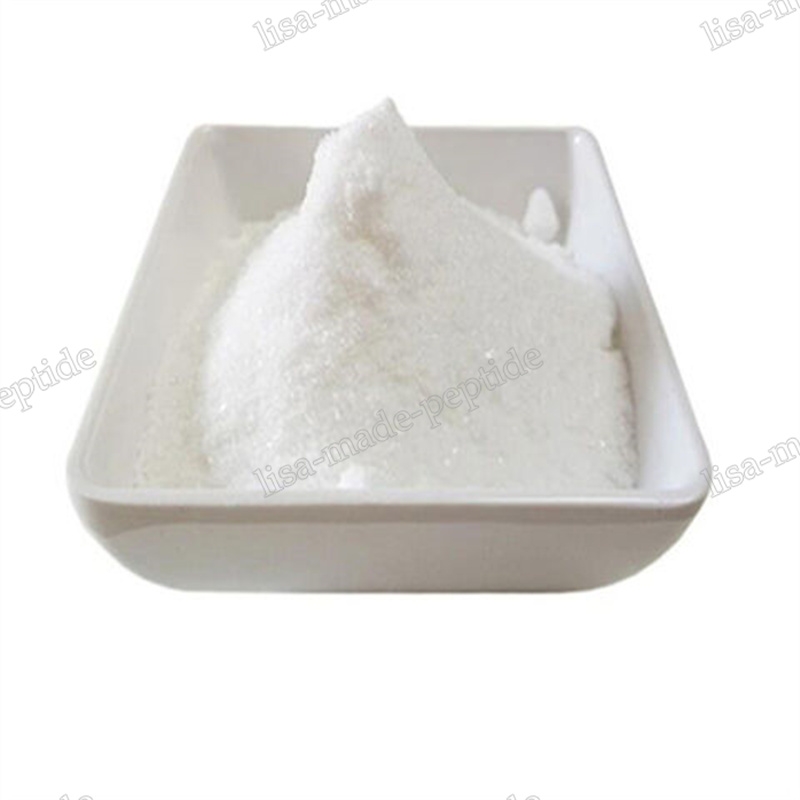-
Categories
-
Pharmaceutical Intermediates
-
Active Pharmaceutical Ingredients
-
Food Additives
- Industrial Coatings
- Agrochemicals
- Dyes and Pigments
- Surfactant
- Flavors and Fragrances
- Chemical Reagents
- Catalyst and Auxiliary
- Natural Products
- Inorganic Chemistry
-
Organic Chemistry
-
Biochemical Engineering
- Analytical Chemistry
-
Cosmetic Ingredient
- Water Treatment Chemical
-
Pharmaceutical Intermediates
Promotion
ECHEMI Mall
Wholesale
Weekly Price
Exhibition
News
-
Trade Service
Foreign media EURACTIV reported that the European Commission (European Commission) is "considering mandatory recycling regulations for certain plastic parts in new cars
.
" The committee said that this move will help make cars comply with the principle of recycling
ACEA, an industry body representing automakers, believes that a distinction should be made between voluntary targets and fixed targets for the content of recycled plastics
.
The European Commission is considering "consider mandatory recycling requirements" for certain plastic parts of new cars, saying that this will help make cars comply with the principle of recycling
.
However, automakers are reluctant to support the proposal, worrying that the lack of high-quality recycled plastics may disrupt production and make the goal impossible to achieve
At the time of the discussion, the European Union is preparing to amend the end-of-life vehicle directive, which sets out rules for dismantling and recycling cars that are no longer suitable for driving
.
The European Commission stated that it would submit a revised version of the directive in 2022 and announced the reform as part of its circular economy action plan proposed in March last year
After metal, plastic is the most commonly used material in automobiles, including items such as bumpers, seat belts, and steering wheels
.
Expanding the use of plastics in automobiles is seen as a way to reduce vehicle weight, reduce fuel consumption and reduce carbon dioxide emissions
At present, most of these plastics come from original sources.
The European Federation of Recycling Industries (EuRIC) stated that the organization condemned the landfill of large amounts of recycled plastic
.
In addition, most plastics in vehicles are made of composite materials, which makes recycling more difficult
EuRIC’s scientific officer, Alejandro Navazas, told EURACTIV: “If there is no mandatory plastic recycling component in new cars, EuRIC believes that [most] the fate of this material is linear
.
”
"If we really want to achieve plastic recycling in the automotive value chain, we need to set a technically feasible mandatory recycling content target for this material," he added
.
Binding target
Binding targetEuRIC calls on legislators to set a binding target for post-consumer thermoplastics (polymers that can be continuously melted and recast) in new cars, reaching 25% by 2025, 30% by 2030, and reaching by 2035 35%
.
EuRIC stated that this will increase the demand for the recycling of so-called end-of-life vehicles, thereby closing the recycling cycle
.
Recycling industry bodies also advocate higher plastic recycling targets, which they say will stimulate automakers to use plastics that are easier to strip and reuse
Some people in the automotive industry are already taking steps to increase the use of recycled plastics
.
Swedish car manufacturer Volvo announced that starting from 2025, at least 25% of the plastic in its cars will come from recycled materials
Italian manufacturer Fiat and French manufacturer Renault have also taken steps to expand the use of recycled plastics in their vehicles
.
Navazas believes that these examples of automakers should become the norm in the industry, not the exception
.
Voluntary and fixed goals
Voluntary and fixed goalsHowever, ACEA, the industry body representing automakers, believes that voluntary targets and fixed targets should be distinguished, and it is committed as part of the EU Recycling Plastics Alliance
.
"It is not advisable to set a fixed target for the content of recycled plastic in new auto parts, because recycled plastic can only be used as a substitute if the recycler can guarantee that it has exactly the same technical and quality characteristics as the original material.
"An ACEA spokesperson told Orak
.
“The supply of recycled content must be guaranteed throughout the production period of auto parts or complete vehicles to avoid production problems
.
If this is not the case, it is technically impossible for manufacturers to meet any quota,” the spokesperson added
.
The industry is also concerned that fixed targets will lead to competition for recycled plastics
.
The spokesperson said: “For example, the shortage of recycled products caused by increased demand in other industries must not lead to artificial price increases
.
” The car manufacturer’s lobby group stated via e-mail that in principle, they welcome the use of recycled products in auto parts.
Plastic, and pointed out that the wheel arch lining, engine cover and carpet usually use recycled plastic
.
But fixed goals are still a concern
.
The European Environment Agency (EBB), which represents a green NGO, called the auto industry’s opposition to mandatory targets “confusing”
.
Piotr Barczak, Senior Policy Officer for EBB’s Waste Policy, said: “Encourage the use of recycled plastics in cars because cars are resource-intensive, which will promote the absorption of secondary materials, while helping to clean up production and improve dismantling operations
.
” In the European Union , Scrapped vehicles generate 70 to 8 million tons of waste every year
.







